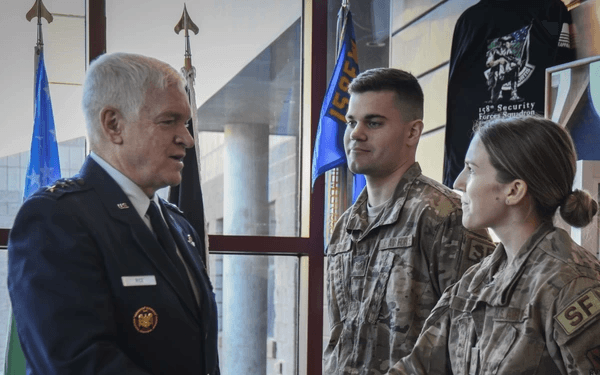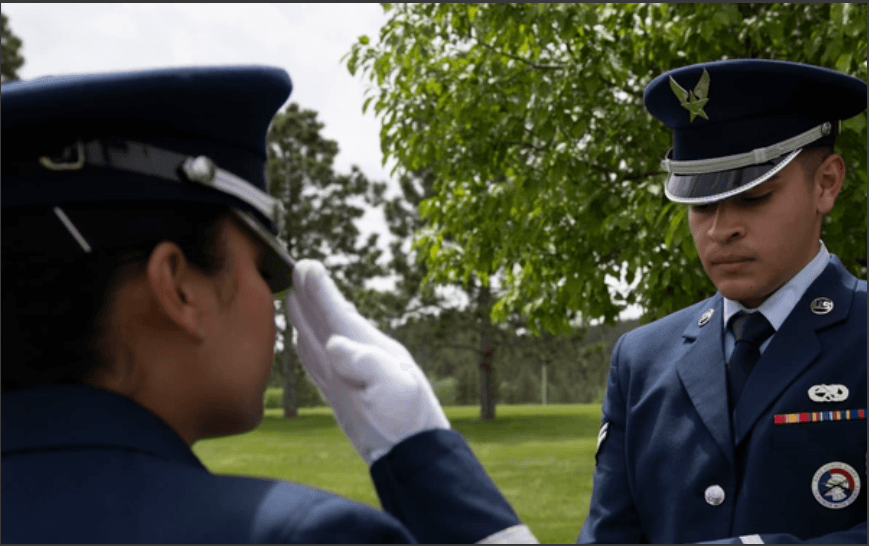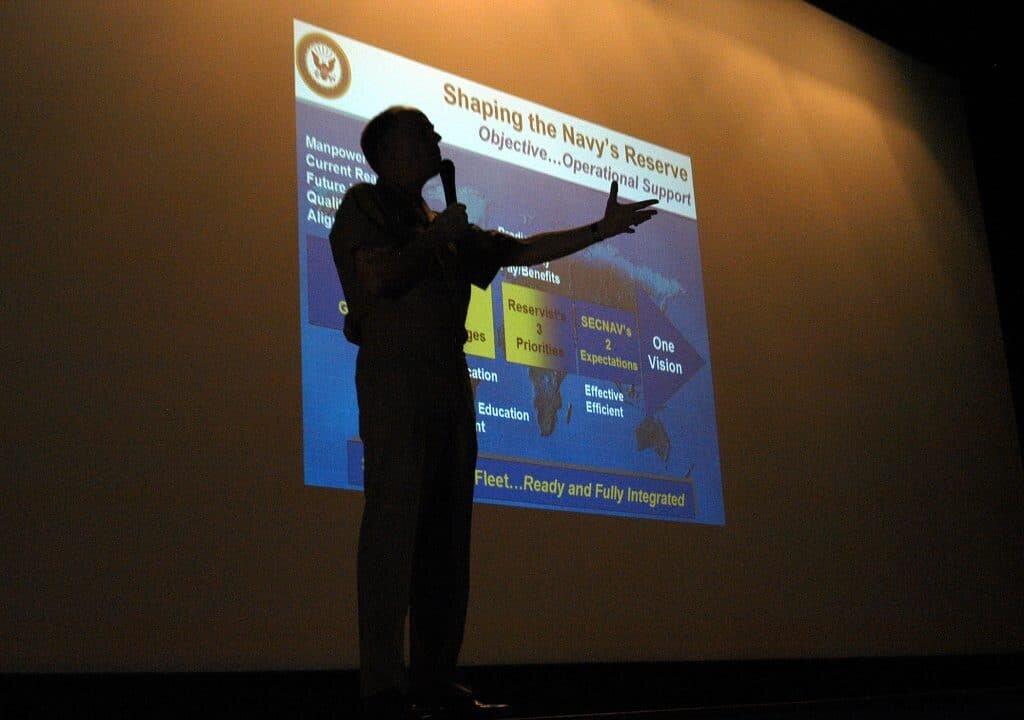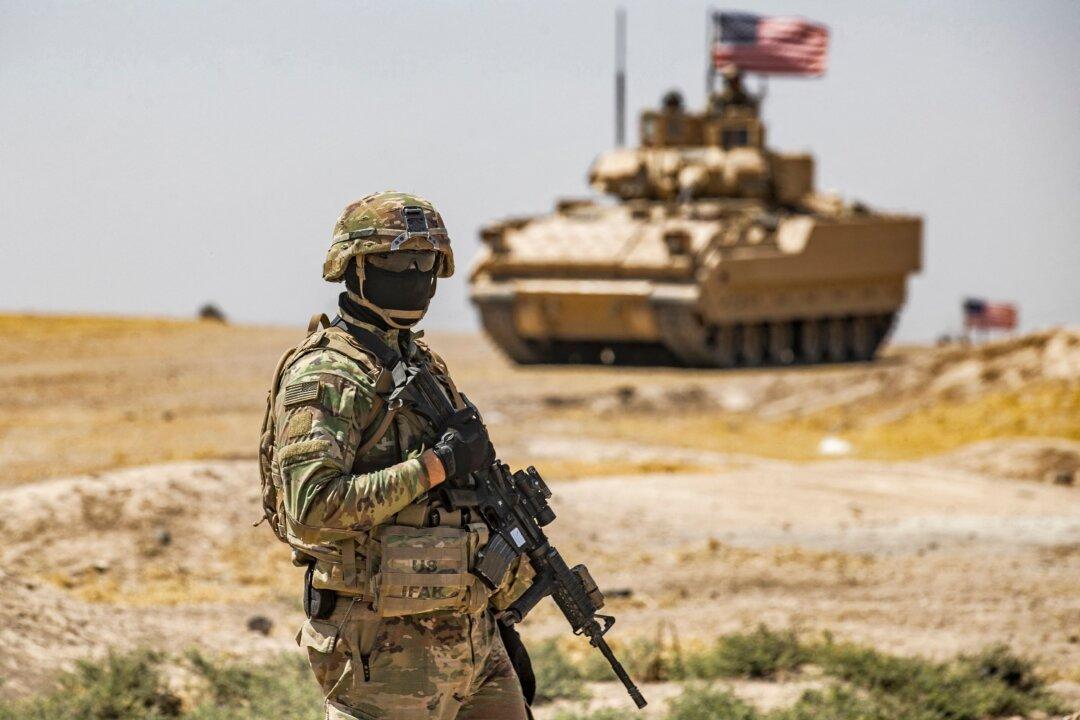Commentary
This post popped up on my feed today on a business networking site where a mom was talking about her young daughter getting older.
“‘It’s easier and faster if I just do it myself,’ I say this way too much. My daughter has been teaching me a valuable life lesson without even knowing it. She’s been wanting to be more responsible, which started with making her own food. It may take 3 times as long, but she’s acquiring new skills and gaining independence, while I’m learning to sit back and let her find her own way without micromanaging each step. It might not be done the way I would do it, but she’s happy with her work and feels her own sense of pride and accomplishment. Although I will need more paper towels and more syrup.”As I read the story, it reminded me of something I saw repeated too many times in the Air National Guard (ANG), where I spent more than three decades in multiple units across the country. I suspect this event happens in the other reserve components as well, and quite possibly even among active duty personnel.





